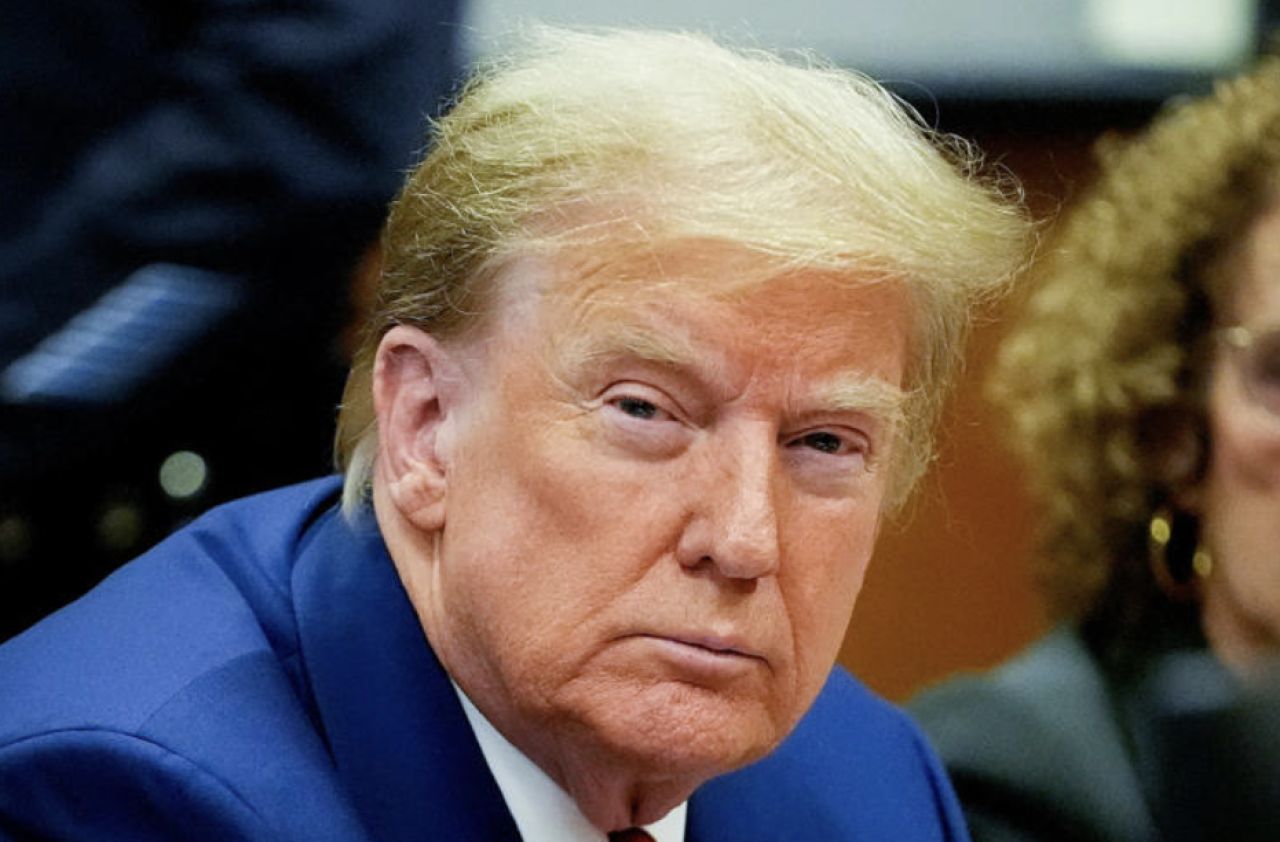Donald Trump is about to make history by becoming the first former president to face criminal charges in a trial. This is a big deal for American politics, the presidential election, and of course, for Trump himself.
The trial, set to begin Monday, could last up to eight weeks, and Trump has to be there for the whole thing. He’s facing 34 counts of falsifying business records, which could land him in prison for up to four years. Despite the seriousness of the charges, Trump has pleaded not guilty. The trial will start with jury selection.
The charges stem from Trump's 2016 presidential campaign. Prosecutors allege that he, along with his then-lawyer Michael Cohen and the National Enquirer publisher, was involved in a scheme to suppress scandalous stories about him before Election Day. One of these stories was from Stormy Daniels, a porn star who claimed to have had an affair with Trump in 2006. Trump has denied the allegation, and Cohen paid Daniels $130,000 in hush money. The prosecution alleges that Trump later reimbursed Cohen through falsified documents.
Despite the legal troubles, Trump has maintained his innocence, calling the case a politically motivated "witch hunt." He's used this narrative to rally his supporters and raise millions for his campaign. This trial is the first of four against Trump in different jurisdictions, and it's the only one set to go to trial before the election.
With the trial requiring Trump to be in court four days a week, his ability to campaign in person is limited. However, he's expected to speak publicly during breaks and after court adjourns, just as he did during his previous trials in New York.
Trump has tried multiple times to delay the trial, but these efforts have been unsuccessful. The jury selection process is expected to take one to two weeks, with 6,000 jurors called to the Manhattan criminal courts this week, 2,000 more than usual.
The trial will have an anonymous jury to protect jurors from potential bribery, tampering, or harassment. The jury selection process will involve questioning potential jurors about their news sources, attendance at Trump rallies or anti-Trump protests, and support for movements like QAnon or antifa.
Despite this being the first criminal trial involving a former president, it's not the first time Trump has been in legal trouble since leaving office. He's facing lawsuits for sexual abuse and defamation, as well as fraud accusations, totaling around $550 million in verdicts against him, all of which he is appealing.

Login